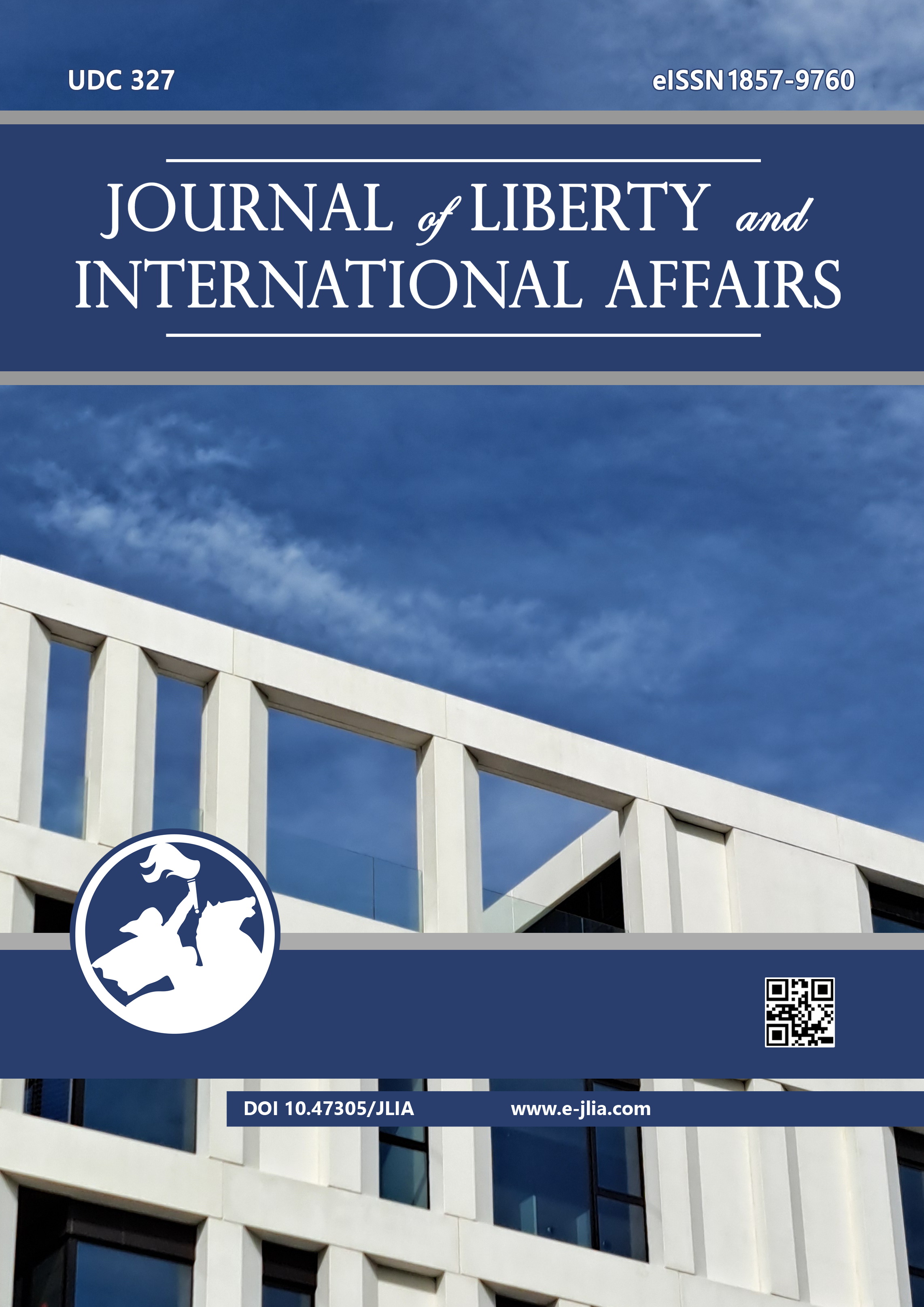Beyond Traditional Boundaries: From State-Centric Diplomacy to More Participatory Approaches for a Sustainable Future in the Western Balkans
Beyond Traditional Boundaries: From State-Centric Diplomacy to More Participatory Approaches for a Sustainable Future in the Western Balkans
Author(s): Elira Luli, Mirela MetushajSubject(s): Politics / Political Sciences, Politics, Law, Constitution, Jurisprudence, International Law, Human Rights and Humanitarian Law, Law and Transitional Justice, Political Theory, Political Sciences, Civil Society, Governance, Economic policy, Government/Political systems, International relations/trade, Security and defense, Welfare systems, Developing nations, Political behavior, Political economy, Political psychology, Politics and law, Politics and communication, Politics and society, Comparative politics, Inter-Ethnic Relations, Geopolitics, Politics of History/Memory, Politics and Identity, Peace and Conflict Studies, Administrative Law
Published by: Institute for Research and European Studies - Bitola
Keywords: Traditional Diplomacy; New Diplomatic Tracks; Multi-Track Diplomacy; Western Balkans; Reconciliation
Summary/Abstract: The contemporary era has witnessed a significant evolution in diplomacy, transitioning from traditional state-led approaches to more open, multilateral methods and channels. This study evaluates the effectiveness and suitability of the new diplomatic disciplines, particularly in the Western Balkans region, which grapples with numerous structural challenges, ethnic and political divisions, and external interference. The influence of traditional state-centric diplomacy in this region necessitates a shift towards a more participatory, multi-stakeholder approach to promoting positive peace and cooperation. This reframing of diplomacy emphasizes the emergence of regionalism and multilateralism through multi-track diplomacy, involving private individuals, non-governmental organizations, societies, and engaged citizens to foster understanding through dialogue, cooperation, and deeper interaction. The analysis highlights the influence of innovative diplomatic channels interlinked and entrenched through a capillary diplomacy framework essential for regional application while exploring the constraints of traditional methods. It advocates for fresh diplomatic strategies and collaborative initiatives in the Western Balkans through a win-win formula and a participatory model based on multi-track diplomacy – repurposed and redesigned to advance the reconciliation process, rapprochement, and raise public awareness through effective communication in line with the EU integration goals and advancements.
Journal: Journal of Liberty and International Affairs
- Issue Year: 10/2024
- Issue No: 2
- Page Range: 74-96
- Page Count: 23
- Language: English

